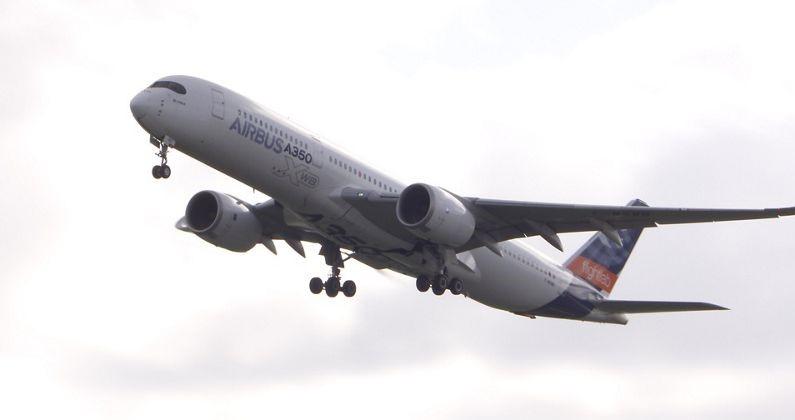Airbus, Rolls-Royce Testing Inflight Use Of 100% SAF On Passenger Aircraft

Credit: Airbus
Airbus, Rolls-Royce, Neste and German research center DLR have teamed for the world’s first inflight study of the effects on emissions and performance of using 100% sustainable aviation fuel (SAF) on a widebody passenger aircraft. The “Emission and Climate Impact of Alternative Fuels” (ECLIF3)...
Subscription Required
This content requires a subscription to one of the Aviation Week Intelligence Network (AWIN) bundles.
Schedule a demo today to find out how you can access this content and similar content related to your area of the global aviation industry.
Already an AWIN subscriber? Login
Did you know? Aviation Week has won top honors multiple times in the Jesse H. Neal National Business Journalism Awards, the business-to-business media equivalent of the Pulitzer Prizes.





